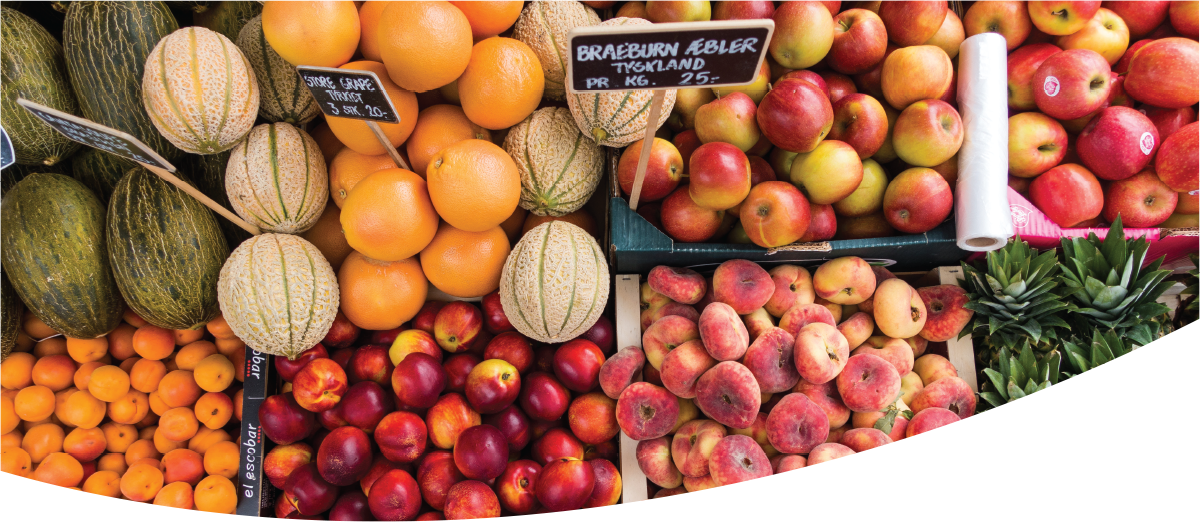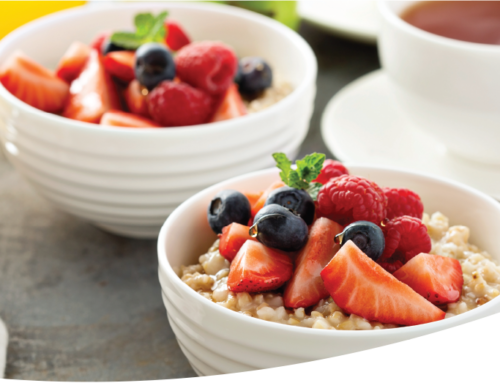The Dirty Dozen™ and the Clean Fifteen™—What’s the Difference?
The Environmental Working Group (EWG) is a nonprofit, nonpartisan organization dedicated to helping people live healthier lives in a healthier environment. One area the EWG focuses on is the food we eat and the pesticide residues commonly found on traditionally grown produce.
EWG’s analysis of tests by the U.S. Department of Agriculture found that nearly 70 percent of samples of conventionally grown produce were contaminated with some level of pesticide residue. Further, even after careful washing and peeling, pesticide residues can often found be on traditionally grown produce.
EWG’s test analysis also showed that there are significant differences in levels of pesticide residue among various types of fruits and vegetables. To help consumers differentiate between dirty and clean produce, the EWG created The Shopper’s Guide to Pesticides in Produce™, which lists the fruits and vegetables with the most pesticide residues—the Dirty Dozen™, and the Clean Fifteen™, which have little, if any, measurable residue. Inspired Organics applauds the good work of the EWG and is pleased to present the two lists to help you wisely choose the produce to include in your—and your family’s—diet.
For 2020, the Dirty Dozen list includes
- Strawberries
- Spinach
- Kale
- Nectarines
- Apples
- Grapes
- Peaches
- Cherries
- Pears
- Tomatoes
- Celery
- Potatoes
All these fruits and vegetables tested positive for pesticide residues and had higher concentrations of pesticides than other produce.
On the other end of the spectrum, the Clean Fifteen includes
- Avocado
- Sweet Corn
- Pineapple
- Onion
- Papaya
- Frozen Sweet Peas
- Eggplant
- Asparagus
- Cauliflower
- Cantaloupe
- Broccoli
- Mushroom
- Cabbage
- Honeydew Melon
- Kiwi
Comparatively fewer pesticides were detected on these foods.
If you love strawberries, spinach, grapes, or any of the other foods on the Dirty Dozen list but want to avoid pesticide residue, what should you do? Easy, go organic. As for the Clean Fifteen, stay with the organics there too. Be confident that the healthy benefits of fresh produce won’t be compromised by exposure to pesticides. By the way, some sweet corn, papaya, and summer squash sold in the United States is grown from GMO seed stock. Buying organic varieties avoids GMO produce.




